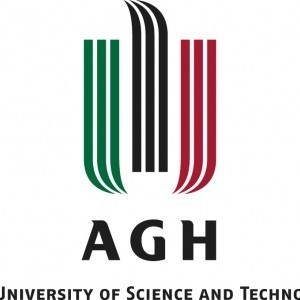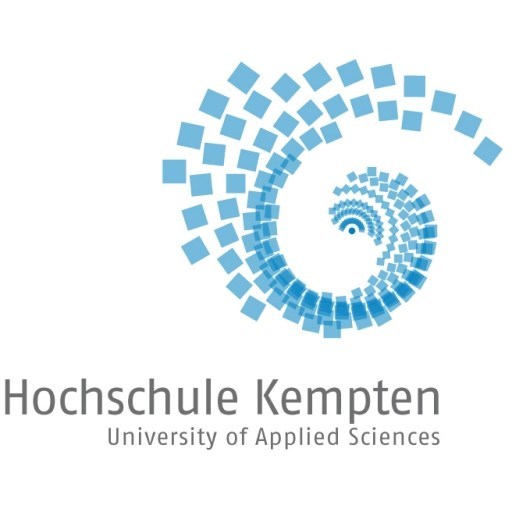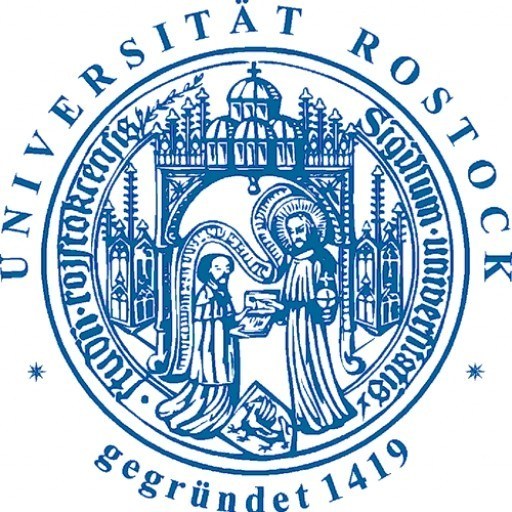Photos of university / #agh.krakow
The Electrical Engineering: Smart Grids Technology Platform program at AGH University of Science and Technology is a cutting-edge multidisciplinary curriculum designed to prepare students for the evolving challenges and innovations in the field of electrical power systems. This program emphasizes the development and implementation of smart grid technologies, which integrate advanced digital communication, automation, and renewable energy sources to create more efficient, reliable, and sustainable electrical networks. Throughout the course, students will explore essential topics including power system analysis, renewable energy integration, intelligent control systems, cyber-physical security, and the application of Internet of Things (IoT) solutions in smart grids. The curriculum combines theoretical foundations with practical laboratory exercises, projects, and industry collaborations, enabling students to acquire hands-on experience in designing, managing, and optimizing modern electrical power networks.
Students will gain deep knowledge of energy management strategies, grid stability, and the role of smart sensors and control devices within electrical infrastructure. The program also covers emerging technologies such as energy storage systems, demand response, and advanced communication protocols, preparing graduates to contribute effectively to the development of resilient energy systems. With a strong focus on innovation, the program encourages students to participate in research initiatives, pilot projects, and international exchanges, fostering a global perspective on sustainable energy solutions. Graduates of this program will be well-equipped for careers in research, industry, or academia, working on creating smarter, greener, and more efficient electrical power systems for the future. Whether aiming to work in utility companies, engineering firms, or research institutions, students will benefit from a comprehensive educational experience grounded in the latest technological advances and industry standards.
The Electrical Engineering: Smart Grids Technology Platform at AGH University of Science and Technology is a cutting-edge programme designed to prepare students for the rapidly evolving field of sustainable and intelligent energy systems. This programme provides comprehensive knowledge and practical skills essential for designing, developing, and managing smart electrical grids, which are at the forefront of modern energy infrastructure. Students will delve into the fundamental principles of electrical engineering, with a particular focus on the integration of renewable energy sources, energy storage systems, and digital communication technologies that enable intelligent grid operation.
The curriculum covers a broad range of topics, including power system analysis, automation, control systems, digital signal processing, and cyber-physical security of smart grids. Emphasis is placed on the application of advanced technologies such as IoT (Internet of Things), big data analytics, and artificial intelligence to improve grid efficiency, reliability, and sustainability. Practical laboratory work complements theoretical studies, allowing students to work with real-world systems and simulation tools used by industry leaders.
Throughout the programme, students will also explore policy, regulation, and economic aspects of smart grid development, gaining a comprehensive understanding of the challenges and opportunities present in transforming traditional electrical networks into intelligent, resilient, and environmentally friendly energy systems. Collaboration with industry partners provides valuable internship opportunities, enabling students to gain hands-on experience and build professional networks.
Graduates of this programme will be equipped to pursue careers in power utilities, renewable energy companies, technology firms, research institutions, and governmental agencies involved in energy policy. They will be capable of contributing to innovative projects aimed at modernizing electrical infrastructure, developing smart city solutions, and advancing sustainable energy management. The programme aims to foster innovative thinking, technical expertise, and a proactive approach to solving contemporary challenges in energy systems, ensuring that graduates are well-prepared to lead the digital transformation of electrical networks now and in the future.
Candidates are asked to attach to the e-Rekrutacja system the following documents:
Scan of the
passport page with your photo and personal data
.
Scan of
signed Curriculum Vitae
.
Scan of signed cover letter (
template HERE
), in which a candidate is obliged to show special predispositions to study at the chosen programme of study.
Scan of the
official certificate
confirming your command of the
language of instruction
(Polish or English) – list of recognised English certificates
HERE
.
Scan of the
higher education diploma
with legalization (or apostille)
with
annotation
(or as a separate document) stating, that the diploma entitles to apply for admission to second-cycle degree programmes at universities of every type in the country in which you received the above mentioned diploma.
Scan of the
official transcript of records with scale of grades
included, confirmed by the University.
The financing of the Electrical Engineering: Smart Grids Technology Platform program at AGH University of Science and Technology is primarily supported through a combination of funding sources, including national and European Union grants, university budget allocations, and student contributions. The program benefits from participation in research projects financed by governmental agencies such as the National Centre for Research and Development (NCBR) and the Polish National Agency for Academic Exchange (NAWA), which provide funds for innovative technology development and curriculum enhancement. Additionally, students may access scholarships and financial aid offered by the university, aimed at promoting equal opportunities and reducing economic barriers for talented students. The university also encourages industry partnerships, allowing for co-financed projects and internships that support practical training and research activities within the program. Furthermore, the program's integration with European Union research initiatives, such as Horizon Europe, facilitates access to additional funding schemes dedicated to technological advancement in smart grid systems. The overall financial strategy emphasizes sustainable development, fostering high-quality education, cutting-edge research, and fostering innovation in renewable energy and smart grid technologies. Student tuition fees constitute a portion of the program's financing, with possible fee waivers or discounts for certain categories of students, including Erasmus+ exchange students or those involved in specific research projects. The university aims to mobilize a diversified financial portfolio to ensure the program's stability, continuous improvement, and alignment with the latest technological trends. These funding mechanisms support the program’s infrastructure, laboratory facilities, research staff, and student research grants, ensuring a comprehensive and competitive educational experience for future engineers specializing in smart grid systems.
The Electrical Engineering: Smart Grids Technology Platform programme at AGH University of Science and Technology is designed to prepare students for modern challenges in electrical power systems, with a special focus on smart grid technologies. This programme aims to equip students with comprehensive knowledge in the fields of electrical engineering, automation, control, and data analysis, emphasizing the integration of renewable energy sources, energy storage systems, and intelligent management of power networks. The curriculum covers a broad spectrum of topics including power system operation, grid automation, communication protocols, embedded systems, and cyber-physical security, enabling graduates to design, analyze, and optimize complex energy systems.
Students gain hands-on experience through laboratory exercises, project-based learning, and internships with industry partners specializing in renewable energy, smart grid deployment, and energy management systems. The programme also emphasizes the development of skills in software tools relevant to electrical engineering, such as simulation programs, programming languages, and data analytics platforms, preparing graduates for careers in research, industry, and automation. Graduates are well-positioned to work in sectors such as energy companies, electrical equipment manufacturers, research institutions, and government agencies involved in the transition to sustainable energy solutions.
The faculty responsible for delivering this programme includes experts in power engineering, automation, control engineering, and informatics, ensuring that students receive a rich and interdisciplinary education. The programme benefits from collaborations with industry leaders and research projects financed by national and European Union funds, fostering an innovative learning environment. Graduates are expected to acquire not only technical skills but also the ability to work in multidisciplinary teams, communicate effectively, and engage in lifelong learning to keep pace with technological advances.
Overall, the Electrical Engineering: Smart Grids Technology Platform is tailored to meet the needs of the rapidly evolving energy sector, emphasizing the development of innovative solutions for efficient, reliable, and sustainable power systems. The programme aims to produce highly qualified engineers capable of contributing to the global efforts in energy transition and smart infrastructure development, thereby supporting Poland and the wider European region in achieving energy security and environmental sustainability goals.










